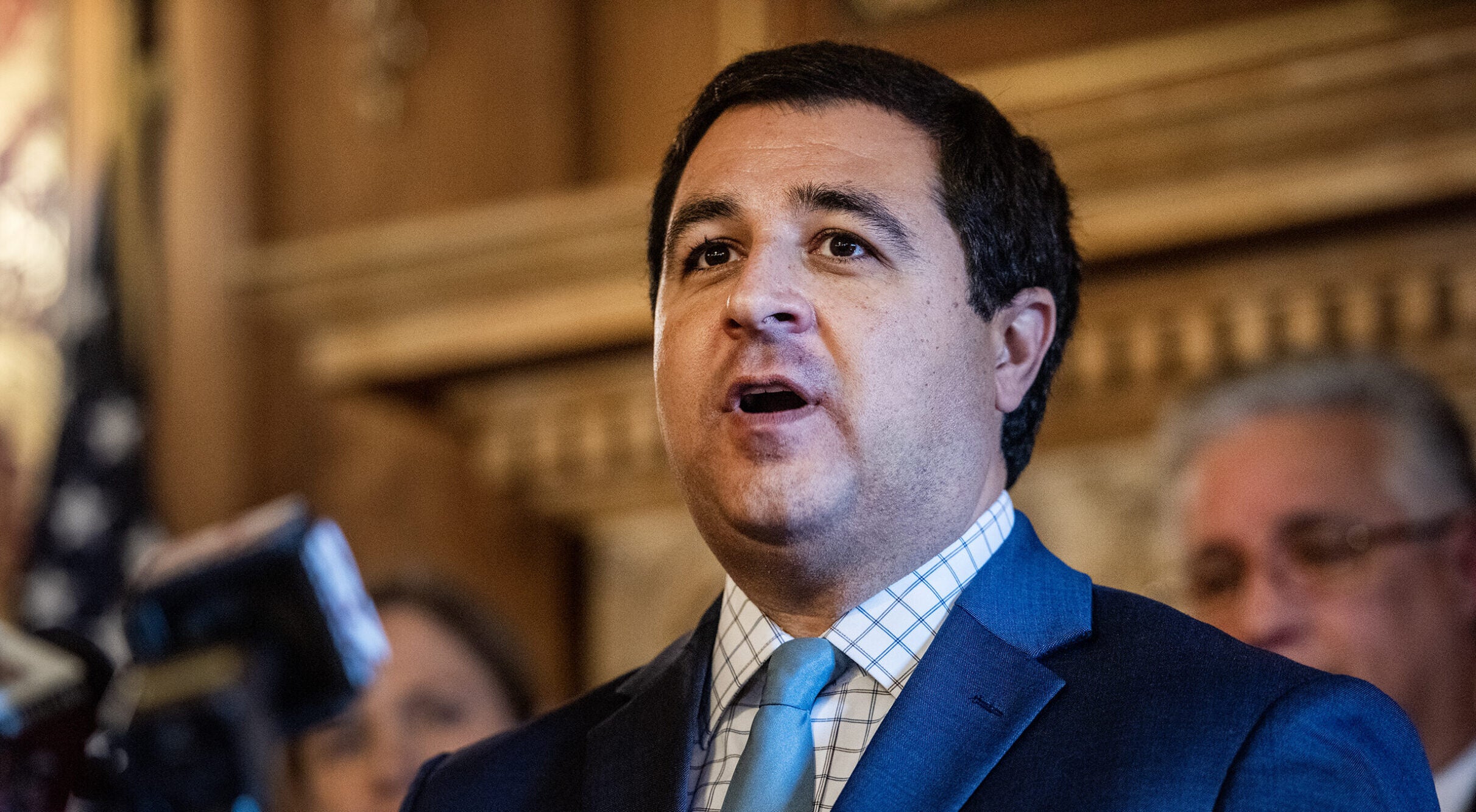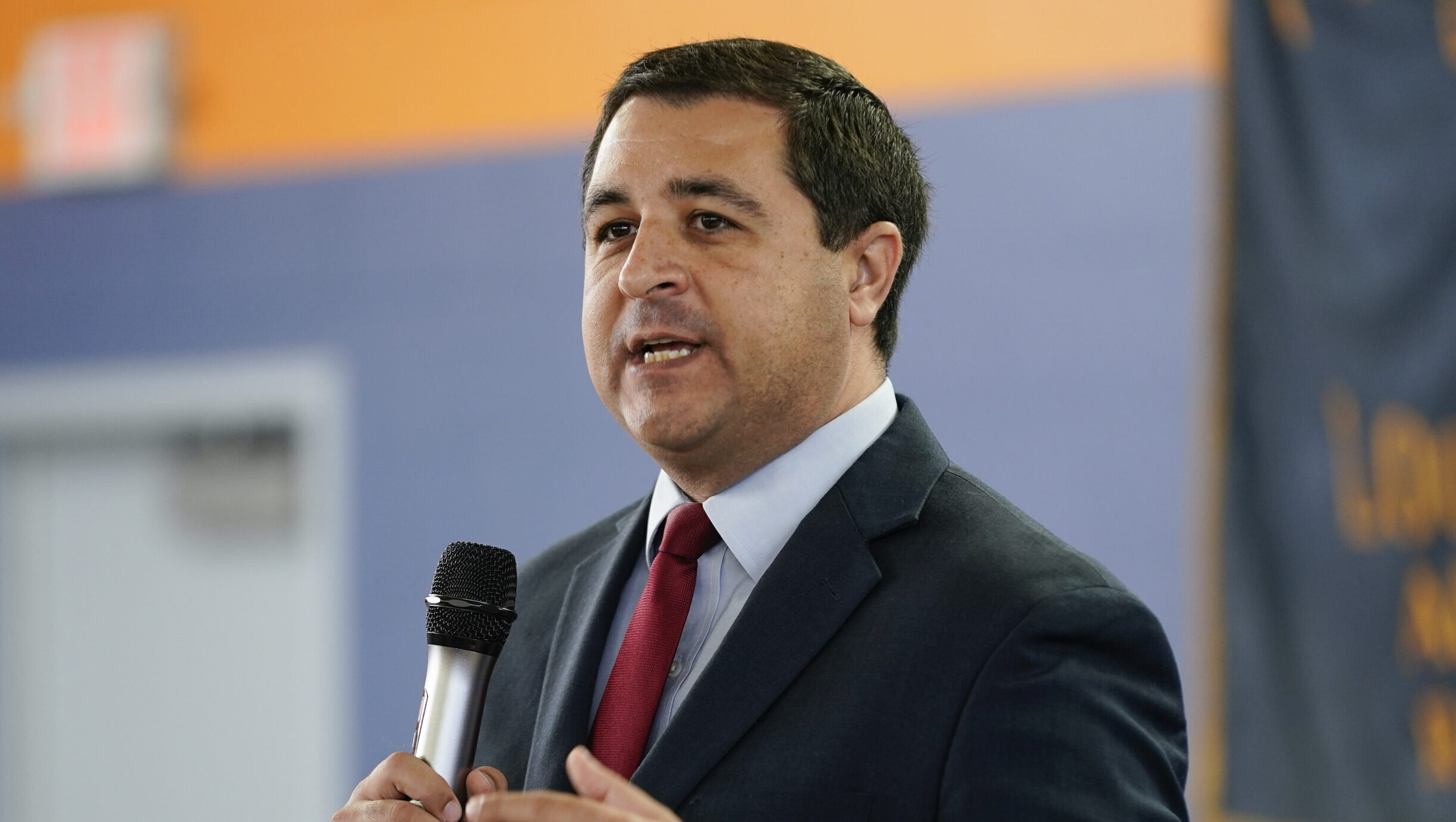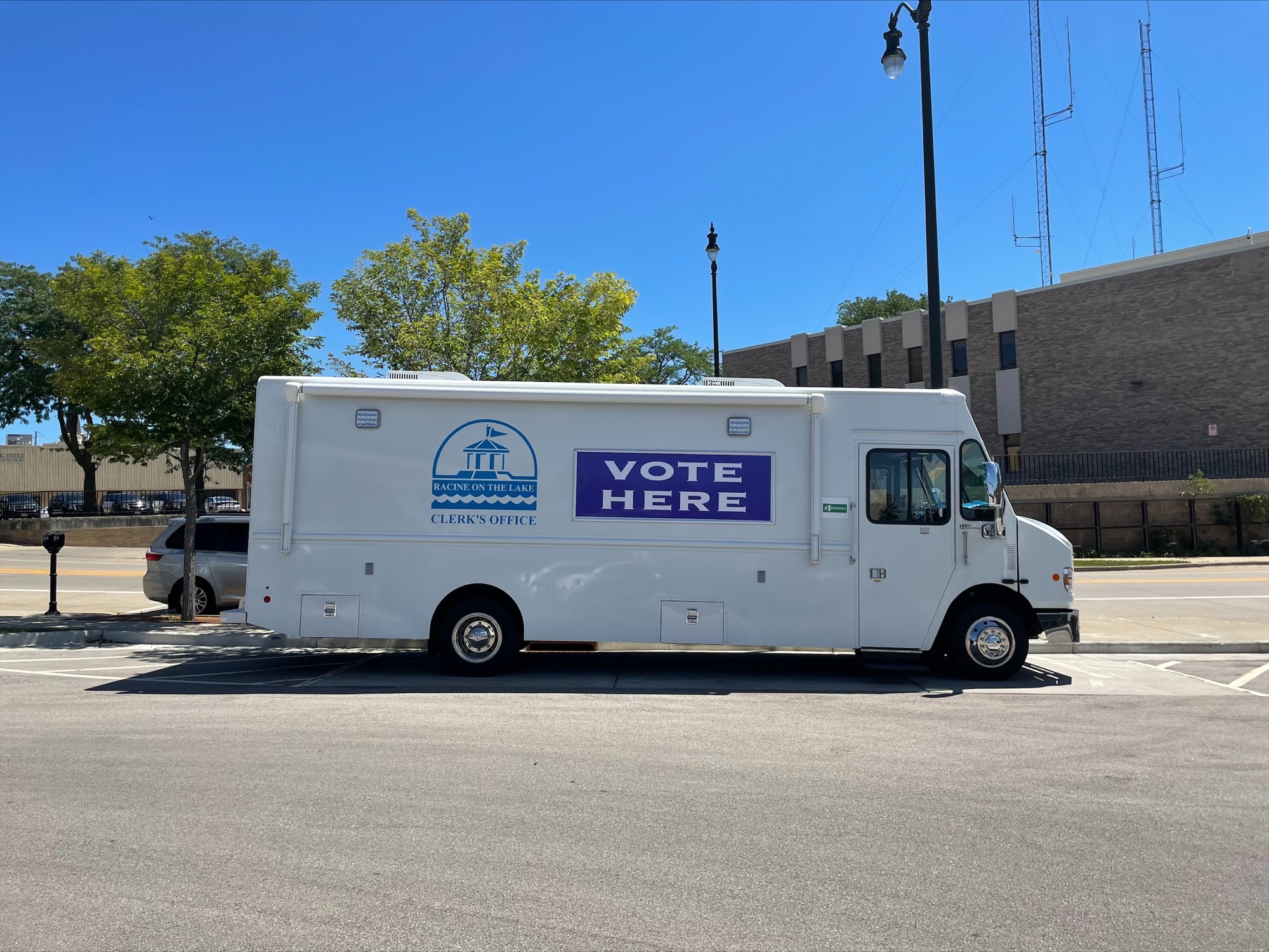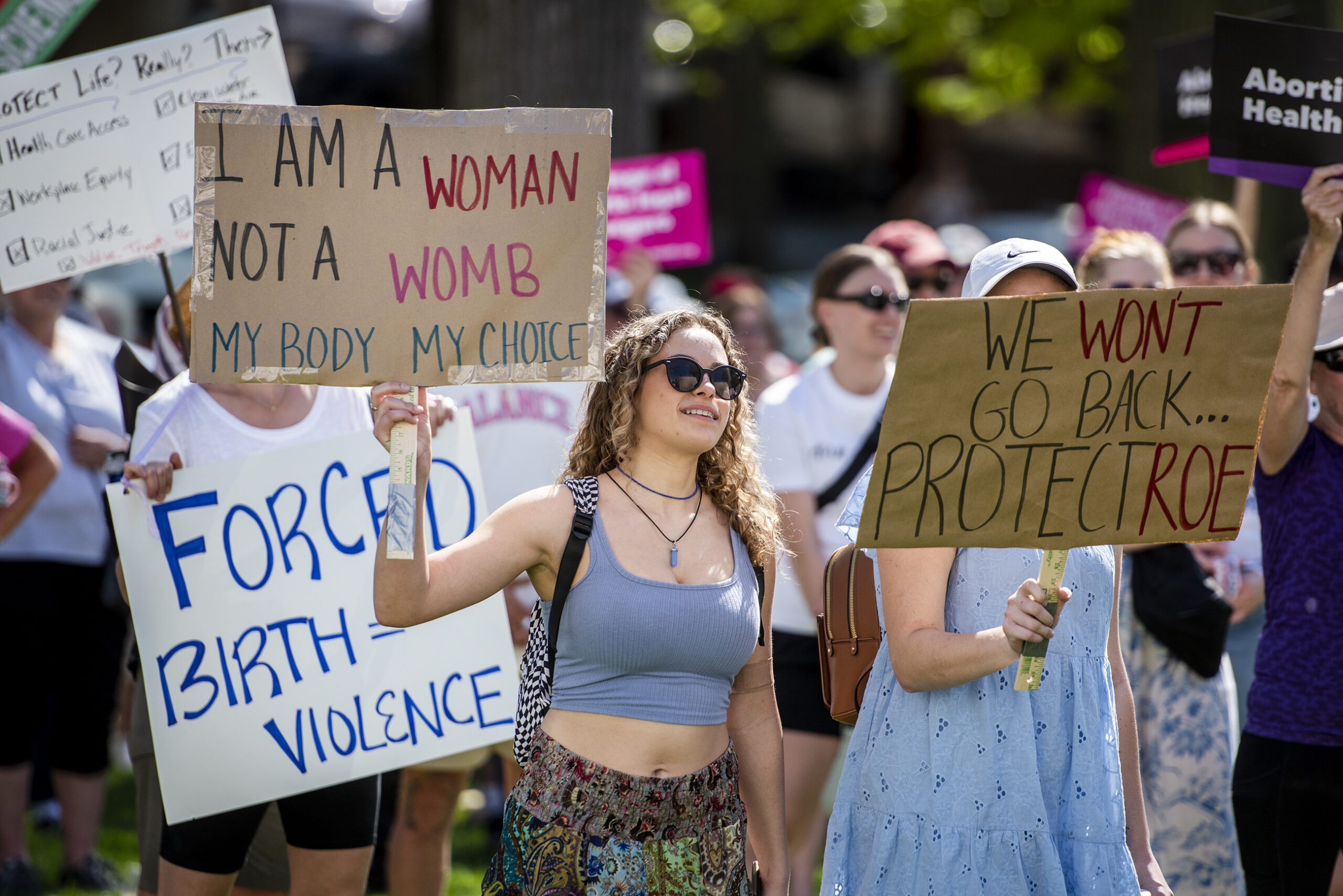The Wisconsin Supreme Court has agreed to hear a lawsuit challenging the emergency powers Gov. Tony Evers used to issue Wisconsin’s statewide mask mandate.
The move came the day after Wisconsin set new single-day highs for COVID-19 cases and deaths, and as COVID-19 hospitalizations continued their record climb.
The court’s conservative justices agreed to hear the case through what’s known as an “original action,” which lets plaintiffs bypass the usual trial and appeals processes.
Stay informed on the latest news
Sign up for WPR’s email newsletter.
The lawsuit was filed by Jeré Fabick, a board member and policy advisor for The Heartland Institute, a free-market think tank, as well as the president of a multi-state Caterpillar equipment and engine dealer. Fabick is also a major GOP donor who gave $20,000 to conservative Justice Rebecca Bradley during her successful bid for the court in 2016.
Evers issued the mask mandate using a state law that gives governors the power to order 60-day public health emergencies in Wisconsin. It’s different than the law his administration used earlier this year to issue its “Safer at Home” order, which was struck down in May by the Wisconsin Supreme Court.
Evers has used his powers to declare three public health emergencies this year. The first came March 12, at the beginning of the COVID-19 pandemic. The second, on July 30, led to the first mask mandate and came as COVID-19 cases were beginning to climb. And the third, on Sept. 22, extended the mask mandate as COVID-19 cases were surging on University of Wisconsin campuses.
Fabick’s challenge argues state law prevents a governor from issuing multiple emergency orders for the same pandemic unless extensions are granted by the Legislature.
Justices scheduled oral arguments in the case for Monday, Nov. 16.
While Fabick’s challenge was the first to reach the Wisconsin Supreme Court, an earlier lawsuit challenging the mask mandate was unsuccessful at the trial court level.
In that lawsuit, which was filed on behalf of three plaintiffs by the Wisconsin Institute for Law and Liberty (WILL), St. Croix County Judge Michael Waterman sided with the governor, ruling there was nothing in state law that prevented him from issuing multiple public health emergencies.
The Supreme Court’s three liberal justices called attention to that case in a dissent written by Justice Rebecca Dallet.
“Our original-action jurisdiction is not meant to allow a single, disgruntled taxpayer to jump the line to achieve a desired outcome,” Dallet wrote. “Granting Fabick’s petition is the latest step in the majority’s efforts to transform this court from one of last resort to the first stop for any discontented Wisconsinite.”
In a separate order Wednesday, justices denied a request by WILL to have its appeal heard alongside Fabick’s case.
For Fabick, this was the second “original action” petition he’s filed with the Supreme Court challenging public health orders issued by the governor or his administration during the COVID-19 pandemic.
He was one of two plaintiffs to file a petition for original action challenging the “Safer at Home” order in May. Justices eventually declared that challenge moot after they struck down “Safer at Home” in another lawsuit filed by Republican legislators.
Fabick has been an active donor in Wisconsin political campaigns, according to a review of state records by the Wisconsin Democracy Campaign.
Fabick has donated more than $350,000 to Wisconsin candidates between January 1994 and June 2020, according to the Wisconsin Democracy Campaign. The group said about 88 percent of those donations went to Republican candidates, while 6 percent went to Democrats.
The remaining 6 percent was spent on “nonpartisan” races in the form of a single $20,000 donation to Bradley’s campaign. Justices are officially nonpartisan in Wisconsin, although Bradley’s campaign was backed by Republicans.
Wisconsin’s mask mandate requires people 5 years old and older to wear masks in indoor or “enclosed” public places when people who don’t live with them are present. There are exemptions for certain activities, like eating, drinking and swimming.
The current mandate lasts until Nov. 21.
In addition to the lawsuits by Fabick and WILL, another lawsuit has been filed challenging the Evers administration’s restrictions on crowd capacity at bars and restaurants. A state appeals court sided with plaintiffs in that case and blocked the Evers administration’s order.
While justices agreed to hear Fabick’s case, it’s unclear how the Supreme Court might rule. When the court struck down “Safer at Home” in May, it had a 5-2 conservative majority, a margin that has since been trimmed to 4-3.
That puts the focus squarely on conservative Justice Brian Hagedorn, who joined the court’s liberals in voting to uphold “Safer at Home.”
Wisconsin Public Radio, © Copyright 2025, Board of Regents of the University of Wisconsin System and Wisconsin Educational Communications Board.







